Administration of Vijayanagar Empire:
The kings of Vijayanagar were despots but they governed well. The authority of the king was unlimited. He was asserted by a council composed of ministers, governors, and military commanders but all power, civil and military, and judicial rested with him. The Vijayanagar rulers paid great attention to the administrative side and the welfare of the people. They enjoyed a long period of rule of about 230 years (1336-1565 A.D.). They made the Vijayanagar empire very magnificent and charming.
(1) Central Government- The king was the head of the central government who ruled more or less on despotic lines. He was assisted by a Council of Ministers. The king maintained a splendid court. Both Nicolo Conti and Abdur Razzak had written much on its magnificence. Due to greatness, it became famous, Splendour that was Vijayanagar.
(2) Provincial Administration- The whole empire was divided into provinces or ‘Kottams’, districts and groups, and villages or Tehsils. During Krishna Deva’s reign, the total number of provinces was 200, and from this, we can safely assume that those provinces were much smaller in area than the modern provinces. These provinces were put in charge of governors, who generally belonged to the royal family. The provincial governors were in fact kings in nominative in their own provinces. They held their own courts and kept their own armies but they could not neither declare war nor conclude peace on their own accord. Every governor had to pay the annual tribute and render military service at the time of need. The village was the lowest unit of administration. The village headman known as Aiyangar enforced law and order in his village, decided petty cases with the help of Panchayats, and collected revenue.
(3) Judicial System- The king was the highest court of appeal, which took great interest in administering equal and impartial justice to all. The court cases were decided according to the principles of Hindu law. The criminal law was generally very harsh and aimed at stamping out corruption and lawlessness. Those who indulged in treason and adultery were trampled under the elephant’s feet. Sometimes fines were imposed and the property of the culprit was confiscated. As a result of harsh punishments, there was a perfect place in the Vijayanagar kingdom. Justice was quick, fair, and inexpensive.
(4) Source of Income- Land revenue was the chief source of income of the state which varied from 1/4 to 1/6 of the total produce. Several canals were dug out and dams were constructed for the promotion of agriculture. There were other taxes also such as grazing tax, export and import duties, and profession tax, etc. further augmented the income of the state. Even the prostitutes had to pay the profession tax which was sufficient enough to pay for the peace of the capital.
(5) Army- The Vijayanagar rulers had to fight offensive and defensive wars with their neighbors, especially with the Bahmani rulers, so they had to maintain a very large army and organize it on sound footing. It comprised elephants, cavalry, and infantry. The cavalry wing was not so powerful due to the non-availability of good horses. The governors of the provinces also sent contingents at the time of war but in comparison to Muslim rulers their military strength was weak.

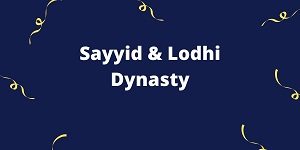
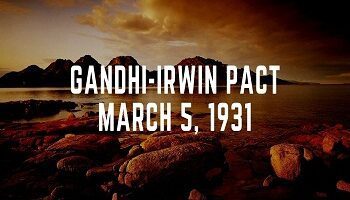

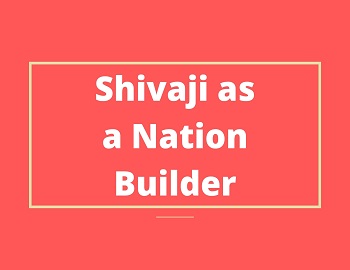
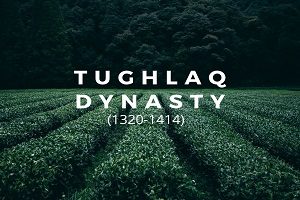
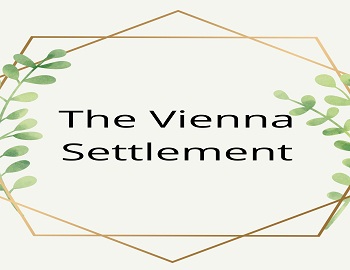
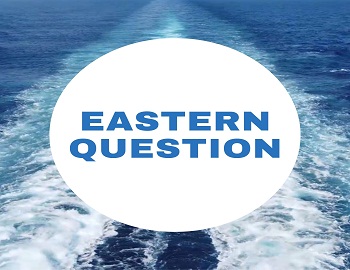
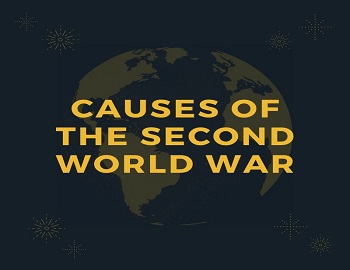
Comments (No)